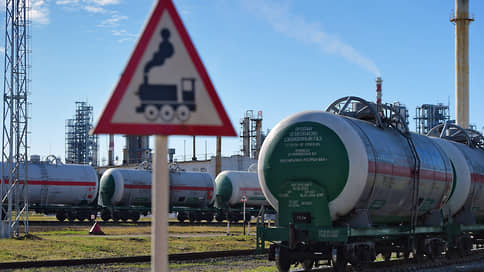The government discussed plans to improve the business climate by 2030

The government at the strategic session examined the course of the formation of the national model of target business conditions. This set of measures will determine the directions of the authorities to improve the business climate in the Russian Federation for the period until 2030. Based on the national goals and metrics of the World Bank rating, 11 priority areas of work are determined. This is the expansion of competition in the markets, stimulating innovation, developing financial services, simplifying business registration.
On Tuesday, April 22, the government in a strategic session format discussed the formation of a national model of target business conditions. As Prime Minister Mikhail Mishustin noted, this model will determine the main directions of the authorities to improve the business climate for the next five years. According to him, 11 working groups have already been created to prepare proposals taking into account the leading world practices, for example, on the registration of business, taxation, competition, innovation and international trade.
The model is formed by the Ministry of Economy and the agency of strategic initiatives based on national goals (in particular, to increase investments by 60% by 2030) and world ratings on the assessment of the business climate. As the Deputy Prime Minister Alexander Novak explained, by 2030 the Russian Federation should be included in the TOP-20 countries as an investment climate to assess the World B-Rady bank rating (it has been replaced by Doing Business; it is assumed that the bank will begin to evaluate Russia in 2026). The priorities of the National Model are determined, including taking into account the metrics of this rating.
According to the deputy head of the Ministry of Economy Murat Kerefov, the implementation of the national model should affect not only improving the business climate, but also to solve other problems: stimulating investments, ensuring the growth of the economy with financial resources, and the development of the labor market.
The work will go at two levels: federal and regional.
- On the federal In 11 priority areas, 40 targeted indicators were formed and 150 events are scheduled that will be integrated with the road maps of the “Transformation of the Business Climate” project.
- In the regions The key task will be to align the conditions for doing business in the country, for this it is planned to develop “road maps” and synchronize with the national metro regional investmentant (it implies the formation of a unified investment environment, in particular, through the adoption of investment depolations).
Working groups have already prepared a number of legislative initiatives. It is proposed to simplify interaction with entrepreneurs, in particular, due to the possibility of using an email address as the main source of communication (a share of legal entities with such an opportunity, it is planned to be brought to 70% by 2030), as well as by reducing the time to prepare and send the tax reporting of companies. It is planned to further reduce the investment and construction cycle (from 1250 to 1000 days) by ensuring the issuance of building permits in electronic form (it is assumed that by 2030 90% of municipalities will issue permissions in this format), as well as excluding excess requirements during construction.
Among other offers – the development of rehabilitation mechanisms in bankruptcy.
Note that the government has long prepared a bill on the reform of bankruptcy, which is aimed at increasing the chances of debtors to restore solvency, it has been “hanging” in the State Duma for several years (See “Kommersant” dated May 18, 2021).
In the direction of “competition”, working groups are preparing proposals for simplifying corporate procurement procedures due to digitalization, as well as to create preferences “to stimulate conscientious behavior of participants in commodity markets”. In terms of international trade, the proposals of working groups are also included in the development of alternative methods of cross -border payments and in the simplification of customs procedures. In the field of financial services, proposals are being prepared to diversify the sources of business financing – in particular, on the development of the capital market and long -term savings tools.








/s3/static.nrc.nl/wp-content/uploads/2025/06/07205024/APTOPIX-French-Open-Tennis_68340020.jpg)